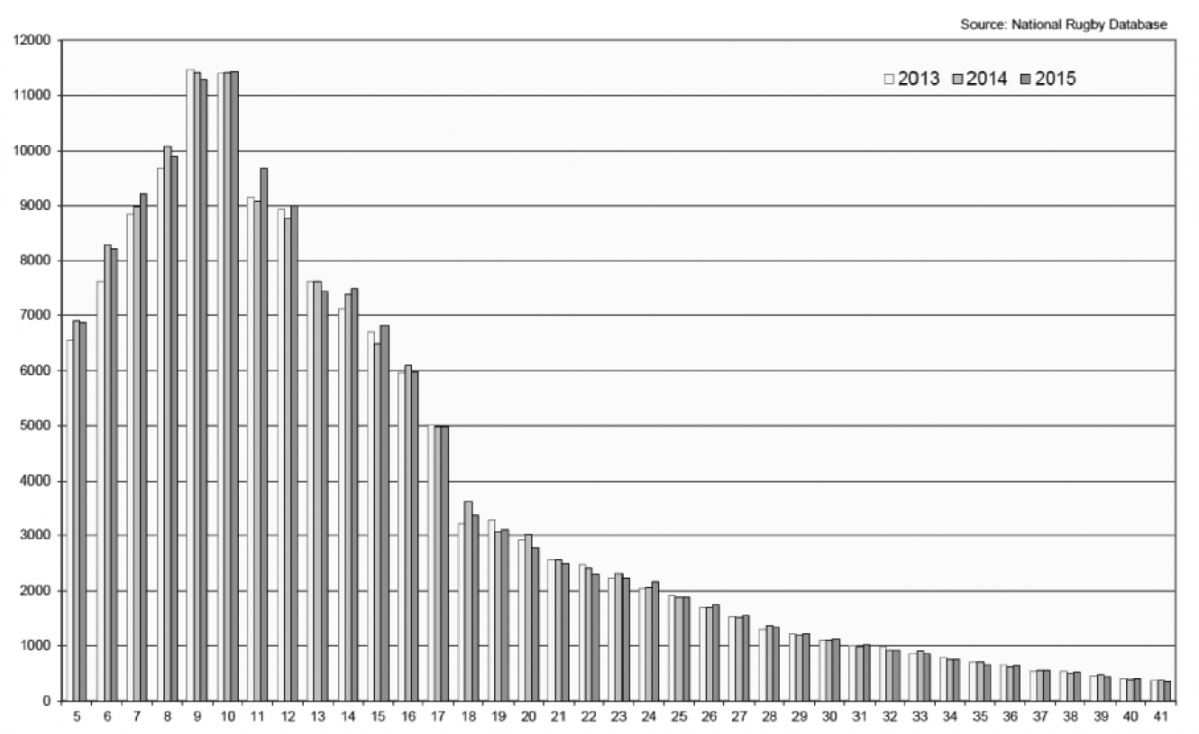- Rugby Toolbox
- The Game
- Teen Rugby
- Teenager
- Teenage Little Black Book
- Introduction
- Introduction
- Research Methodology and Process
- Who are we Dealing With?
- In or Out!
- The Wish List
- The Rugby Player’s Pivotal Milestones
- The Start
- Mates
- Adults and Parents
- The Car Ride Home
- Side Lines
- Coaching
- Guidelines for Communicating with Teens
- Technology and Communication
- Injury
- Winning
- Training
- It’s Not All Doom and Gloom
- Half Game Rule
- In Their Own Words
- Solutions or More Problems?
- Conclusion
- Addendum
Introduction

Introduction
At the time of writing, around 7,000 thirteen-year olds play rugby in New Zealand. By the time they complete their years as a teenager, half these players will stop playing rugby.
You may see this as surprising since rugby enjoys almost religious status in New Zealand, with wide coverage in the media, and many of our top players becoming household names. Rugby is recognised as New Zealand’s national sport, and the mighty All Blacks are the most successful sports team ever. So how come so many of our kids lose the desire to be actively involved in the game?
Even if your background is in another code, the above figures may resonate with you, because this teenage drop off is similar across most sporting codes.
Perhaps you’re an educator and know how hard it is to keep teenagers involved in sports. Youth are involved in many different social, sporting, study and employment commitments these days, and it can be overwhelming juggling so many interests.
Maybe you’re a parent and your children have followed this trend or are heading toward this age group, and you are wondering how you can help support and navigate them through these years.
New Zealand Rugby understands retaining teenagers in sport is an issue across many codes, and as a result commissioned two comprehensive research projects in order to dig up some answers to this widespread problem.
The findings are so interesting we wanted to share them with parents, coaches and educators - in fact anyone who works with teenagers is likely to find the results enlightening.
This book will not give you all the details and statistics from the research, instead it will provide you with some insight into what teenagers in general are thinking when it comes to sport.
Obviously, rugby will be mentioned throughout the book, but I believe most of the findings will be relevant across many codes.